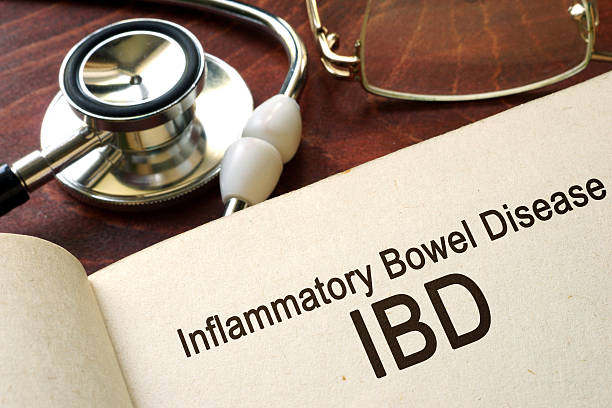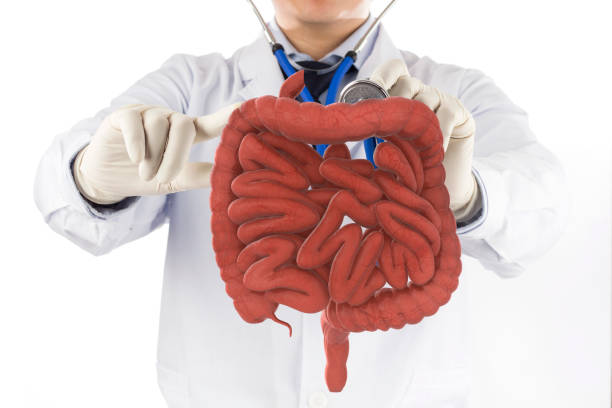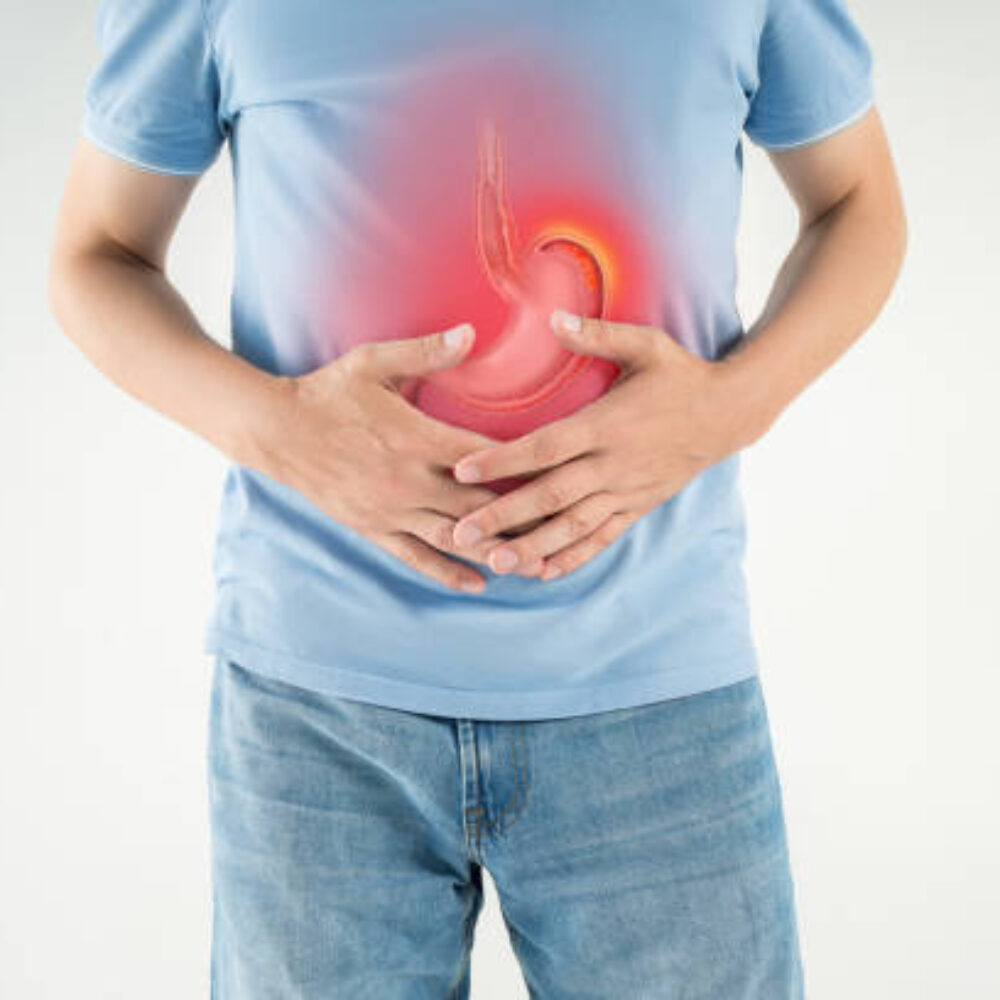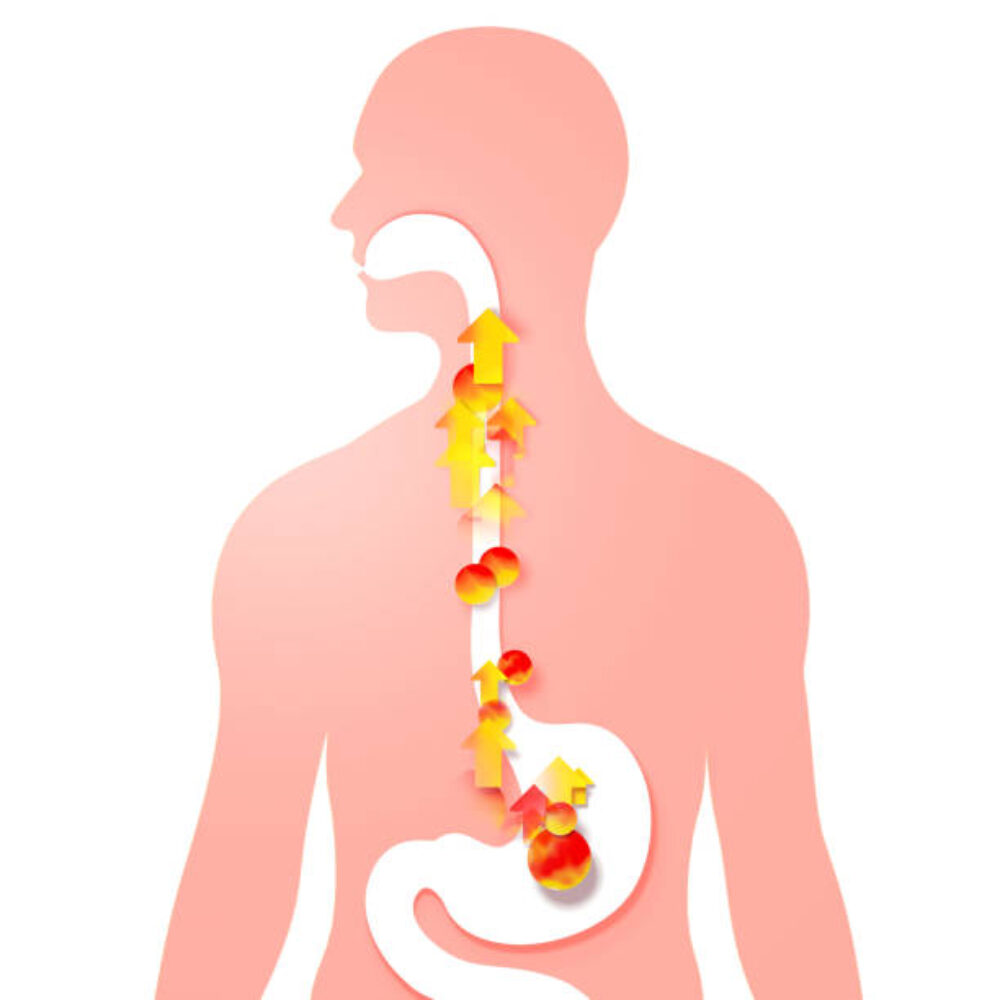Inflammatory Bowel Disease, or IBD, is a disease that causes severe inflammation in the digestive tract.
IBD, or inflammatory bowel disease, is a chronic inflammatory disease of the digestive system. There are about ten million IBD patients in the world. ‘World IBD Day‘ is celebrated every year on May 19 to call upon governments and health professionals in different countries to take various initiatives to increase public awareness about this disease. This year’s slogan is IBD can occur at any age.
Although many diseases are included under the term inflammatory bowel disease, the two most common are ulcerative colitis and Crohn’s disease.

Symptoms:
Patients with Crohn’s disease suffer from chronic abdominal pain, loose stools, bloody stools, indigestion, weight loss, etc.
Complications of the disease can cause narrowing of the intestine and swelling of the stomach. Sometimes, patients may visit the doctor with severe abdominal pain and bloating due to intestinal perforation.
Some patients also have rectal and intestinal fistulas. On the other hand, ulcerative colitis causes long-term bloody stools, lower abdominal pain, etc. However, serious bleeding in the anus, abdominal swelling, and other problems can also occur as complications.
IBD patients may also experience inflammatory problems in the mouth, eyes, and skin.
Causes and risk factors:

Family history: If any of your family members or close relatives have the disease, your risk increases.
Cigarette smoking: cigarette smoking is also a significant risk factor for developing Crohn’s disease.
Race or Ethnicity: White or Caucasian people are usually at the highest risk for this disease, although it can occur in any race.
Prevention:
You can reduce your risk of developing inflammatory bowel disease by eating healthily and exercising regularly. Quitting smoking is also beneficial.
Some natural remedies for IBD:
Some natural remedies and changing lifestyles can help manage IBD symptoms. Here are some remedies:
- Add fiber, omega-3 foods, and fatty acids to your diet. Many IBD patients suffer from indigestion problems. These foods will help manage this issue.
- Totally avoid fried food, spicy food, and fatty food. Notice which foods increase your symptoms and avoid these foods.
- Smoking can increase your IBD symptoms. It’s better to avoid smoking.
- Consume probiotic food daily. It will help grow good gut bacteria in your gut. Yogurt is a good source of probiotics, and sour yogurt is especially good for the gut.
- Drink a minimum of 6–8 glasses of water in a single day. It will help keep your body hydrated.
- Manage your stress. You can do exercises like breathing exercises and yoga. By doing this, you can manage your stress.
- Avoid foods like nuts, seeds, and beans because these foods are very hard to digest.
- Avoiding alcohol is good for your overall health.
- Herbal teas like ginger, cardamom, and peppermint tea can be consumed.
- Some herbs, like ginger, cardamom, cumin, and cloves, can be eaten to help manage this problem.



